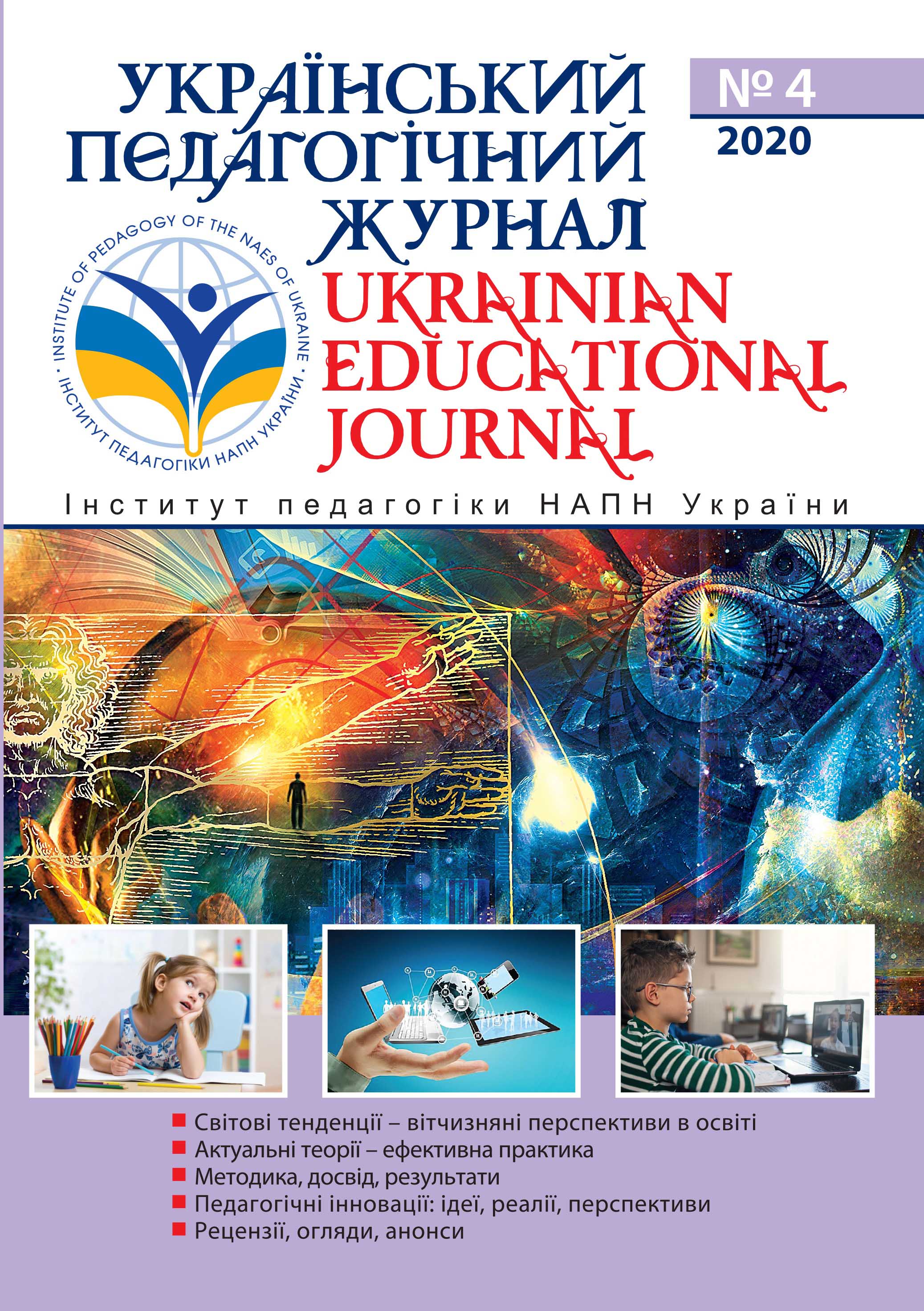Abstract
The article deals with the problem of organizing of educational process in the context of current pandemic and analyzes the experience of Chinese teachers in the implementation of distance learning. The effective experience of the country where certain security measures have worked and contributed to the recession of the epidemic may be interesting in terms of their use in Ukraine. The methodological basis of the research is the system-integrated principle of scientific and pedagogical search.
The author concludes that effective (technical, social and emotional) support services for all participants in the learning process, reliable communication platforms, appropriate digital resources, user-friendly teaching tools, various teaching methods, flexible teaching organizations, effective, and strong school-teacher-parents collaboration, reduction / simplification of educational load, etc. are the key elements that Chinese teachers and teaching staff have focused on to ensure successful online learning. In addition, during the implementation of distance learning in quarantine, it is very important to exchange any information that is effective in combating the pandemic, share experiences, discuss problems and highlight each other's strengths. Therefore, teachers urge not to isolate themselves from other schools, to be in constant contact with schools that have started distance learning earlier, have a positive experience of its implementation, and can share their mistakes.
The gained experience and opportunities determine certain trends in the future development of school education in China, namely the shift of attention and efforts towards improving the information and data literacy, digital competence for teachers and students, optimizing the information environment, diversifying teaching methods and organization, modernizing the content and technological component of digital education. However, it was found some downsides. It turned out that the main problem remains the lack of access to the Internet, and therefore equal conditions for teaching, low information literacy, emotional exhaustion of teachers, unwillingness to learn new educational technologies, lack of motivation in further teaching and professional development.

This work is licensed under a Creative Commons Attribution-NonCommercial-ShareAlike 4.0 International License.
Copyright (c) 2020 Оксана Шпарик

